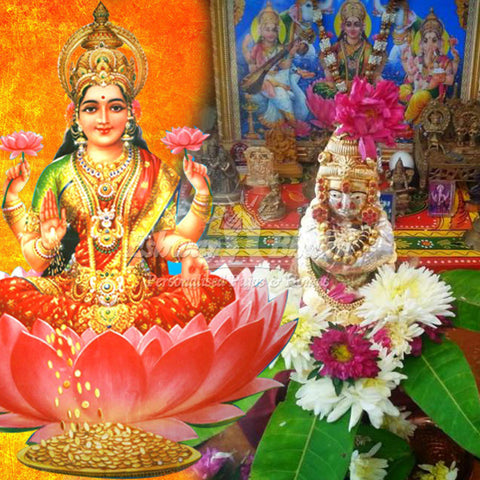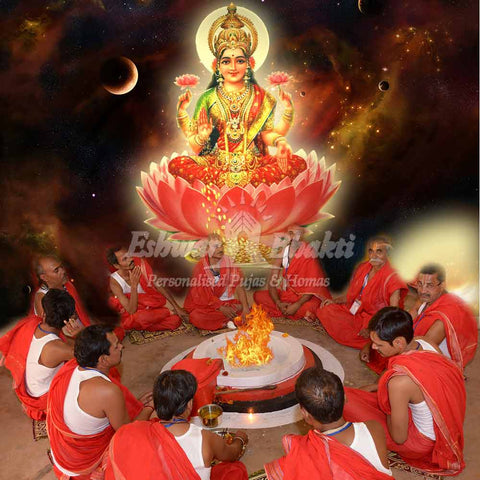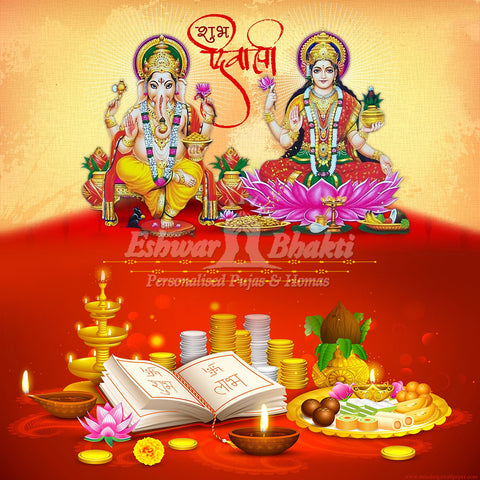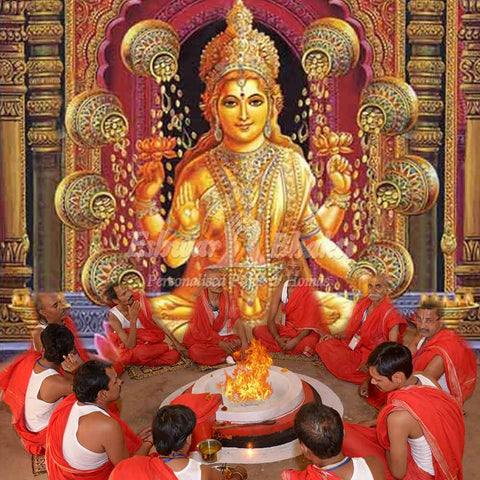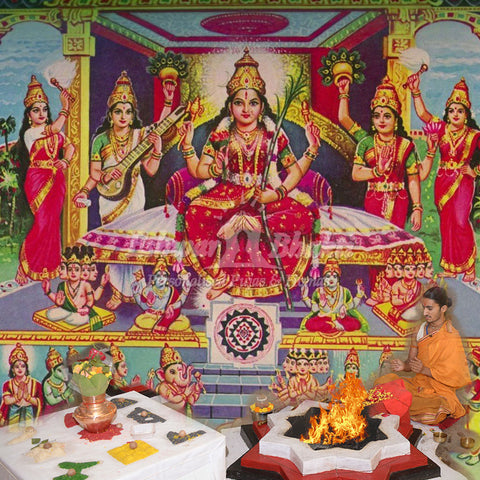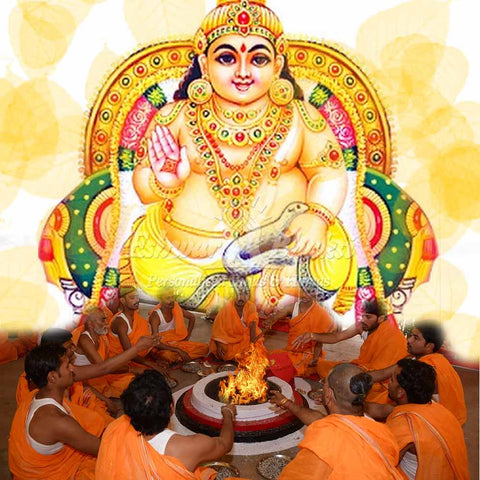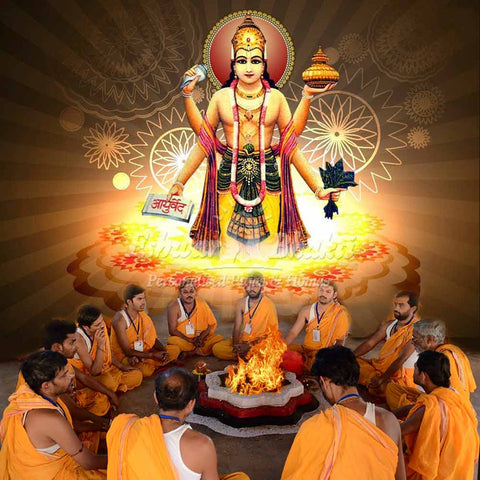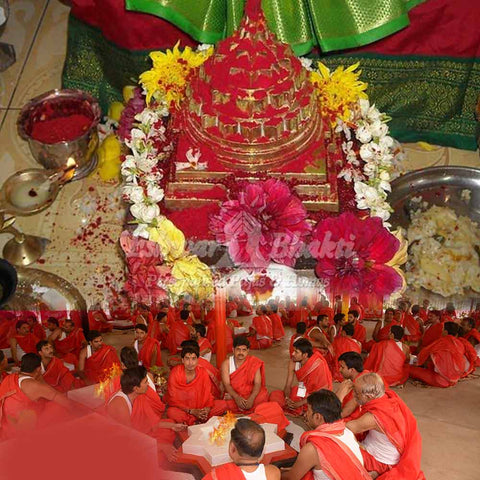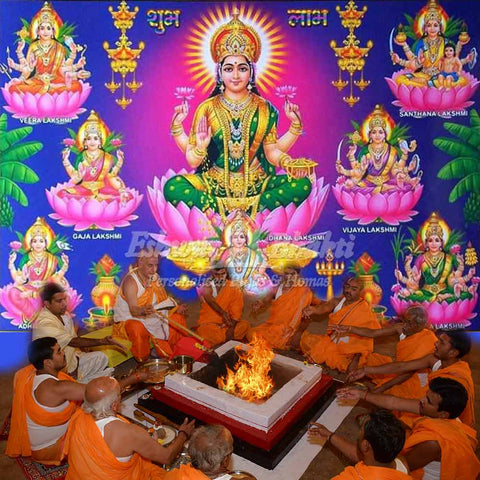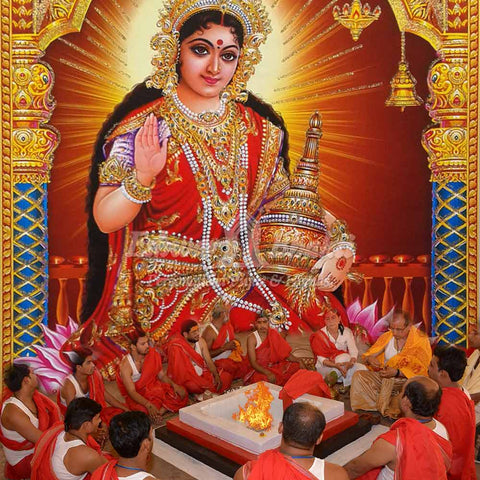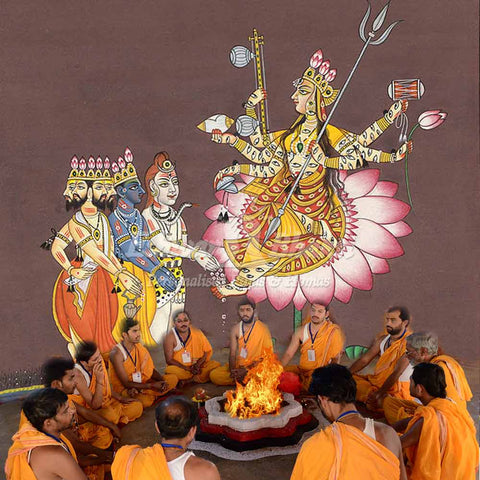Diwali festival

Diwali is one of the most colorful and cheerful festivals celebrated in India. It is the most auspicious festival of Hindus, but Jains, Sikhs, and some Buddhist communities observe this festival as well.
Diwali signifies the victory of light over darkness, good over evil, and clarity over ignorance. It is celebrated during the Hindu lunisolar month of Kartika. It is generally celebrated for 5 days. The cultural diversity of India is so big; one can observe people celebrating Diwali in innumerable ways, according to their own culture and customs.
But unfortunately, most of the people celebrating these festivals don't know their significance, their importance in our life. That's the main reason why our culture is withering away with time. These festivals are not only about celebrations or rituals. They hold tremendous spiritual significance as well.
In this article, we are going to explore the lost legends behind this festival. We are not only going to explore its origins and significance, but we will also see how different communities celebrate this festival according to their own tradition.
Diwali is generally celebrated as a 5 days festival. It begins on Dhanteras and ends on Bhai Dooj. We will explore these days one by one, will understand the legends behind them, and will also explore the ways they are celebrated throughout India. So, let's begin with the first day.
Dhan Teras:
'Dhan' means wealth, and 'Teras' means thirteenth. Dhanteras marks the beginning of Diwali on the 13th day of the dark fortnight of Hindu month Kartik. This day is celebrated by many by cleaning their home and offices. Diyas are lit outside homes. It is a common belief that one should bring home any form of wealth during this day.
That's the reason many people buy jewelry on this day. While some people worship Ganesha and Laxmi on this day, some people worship Kubera, the god of wealth. Different people have different customs to celebrate.
In the Hindu legend 'Samudra Manthan', in which the ocean was churned to find 'amrita' or elixir, this was the day when goddess Laxmi came out of the ocean. The God of Ayurveda, Dhanvantari, or the god of medicines, also appeared from the ocean on this day. Some communities also dedicate this day to lord Dhanvantari.
Choti Diwali/Naraka Chaturdashi:
The day after Dhanteras is celebrated as Choti Diwali or Naraka Chaturdashi. While Naraka means 'Hell', Chaturdashi means the 14th day of the Hindu month. The day also precedes Diwali, hence many celebrate it as 'Choti Diwali' or small Diwali.

The name comes from the Hindu legend of Lord Krishna killing the demon Narakashur. He had imprisoned over 16,000 girls in his castle. On this day, Lord Krishna killed Narakashur and freed those girls. The good won over evil.
This day has great spiritual significance. The day is revered as an opportunity to free the souls from hell and show them their way in the eternal cycle of life and death. This day also serves as a spiritual reminder to all those people stuck in the trap of 'Samsara' or the external world.
Generally, this day is celebrated as the main day of Diwali in southern states such as Kerala, Tamilnadu, and Goa. People visit friends and families on this day to seek blessings. They also buy sweets and other gifts for them.
Diwali:
This is the main day of 5 days long festival. This day also marks the last day of the dark fortnight of the Hindu month. This is no moon day. But the lights of temples and homes brighten up the night, hence calling it the 'festival of lights'. One really can't know the beauty of this night unless he has seen it with his own eyes.
This is the most auspicious day for most of the people of India. Even, over a dozen countries have declared Diwali as an official holiday. During this day, businesses and offices are closed earlier so that everyone can enjoy the evening with their families.
Many people visit elder people to seek their blessings. Everyone could be seen wearing new clothes. In the evening time, the Puja rituals are performed. After that, it has become a part of the culture to burst firecrackers. That's how this cheerful night goes on.
Now, there are many legends behind this day. The most prominent one is the returning of Lord Rama along with Mata Sita to Ayodhya after an exile of 14 years. It is said that the whole Ayodhya was lightened up on that day with Diyas to express their love and happiness on the return of their beloved lord. That's why diyas are lighted on this day.
It is also on this night, that Goddess Lakshmi appeared from the 'Samudra Manthan' chose to marry Lord Vishnu. Some legends say that when Goddess Kali was angry and was on the verge of destroying everything, Lord Shiva laid on her way, and She stepped on Him, which made Her come back to Her senses.
While most of the people worship Lord Ganesh and Laxmi on this day, cultural diversity could be seen on this day. Eastern India, and particularly Bengal worship Goddess Kali on this day. Some communities also revere the God of wealth, Kubera on this day.
Diwali is the day of well-being and prosperity. It is believed that Lakshmi arrives in only those homes which are clean and pure. That's why cleanliness and purity are maintained on this day. Many people also let their door and windows remain open throughout the night believing strongly that the goddess Lakshmi will manifest.
Govardhan Puja/Annakut/Balipratipada:
On the 4th day of Diwali, almost every community celebrates the festival in their own way. Many people do Govardhan Puja on this day. Govardhan is the mountain that Lord Krishna lifted on his little finger on this day to save the lives of people and animals.
Many people celebrate this day as Balipratipada, the day when Bali was defeated in the hands of Vishnu. This day also celebrates the auspicious relationship between husband and wife, Shiva, and Shakti.
There are many communities that celebrate Annakut on this day. Annakut means a heap of grain. Lord is offered various recipes on this day. In many Krishna temples, 'Chappan Bhog' or 56 different kind of recipes are prepared to offer to the god.
Bhai-Dooj:
This day marks the end of the festival. This day is dedicated to the auspicious relationship between brothers and sisters. This festival could be seen celebrated with little differences in many parts of India.
Significance:
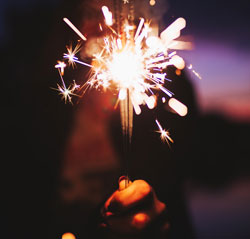
Diwali is celebrated during the harvest season in India. This is the time for the people to reap what they have sowed. This is one festival that unites India as a nation. However, there is much more to this festival than just external celebrations.
This is the time to light the diyas of our hearts. This is time to illuminate our being. It is believed that during this time, planetary alignments are such, that it helps one's spiritual growth. This is the time to turn inwards and recognize the true nature of our being.
Diwali is also mentioned in ancient scriptures. Padma Purana and Skanda Purana mentions Diwali as the festival of lights. According to Skanda Purana, diyas symbolizes Sun god who transitions in the Hindu month Kartika.
This day is celebration of the famous legend of Yama and Nachiketa. It is a knowledge illuminating conversation that could be found in the Katha Upanishad. This tale also marks the victory of knowledge over ignorance.
At the end of this article, now we not only know how to celebrate Diwali, but we also know the cultural and spiritual significance of the same. Every Hindu festival reminds us about the significance and depth of Indian culture; and preserves the traditions from getting lost in the darkness of ignorance.
Diwali is all about Light, positivity, knowledge, prosperity, and well being of every human being. One can sense the divinity in the air during this festival. The lighting of diyas also reminds us that there is a source of light within us too. It is the festival to reconcile the differences and become one with the spirit of the divine.

